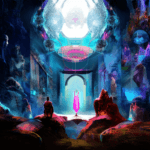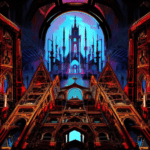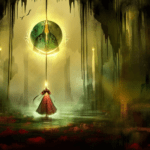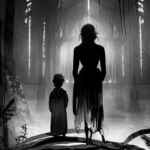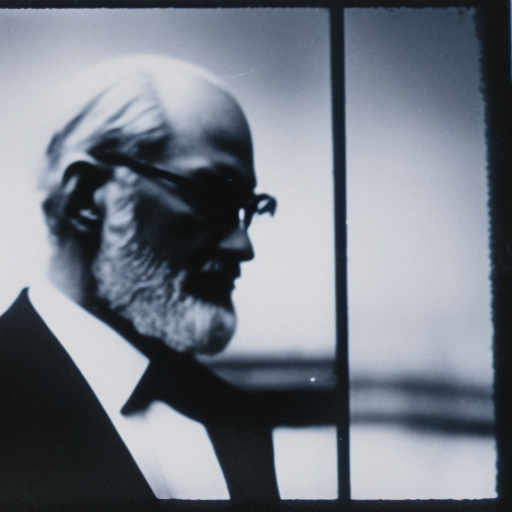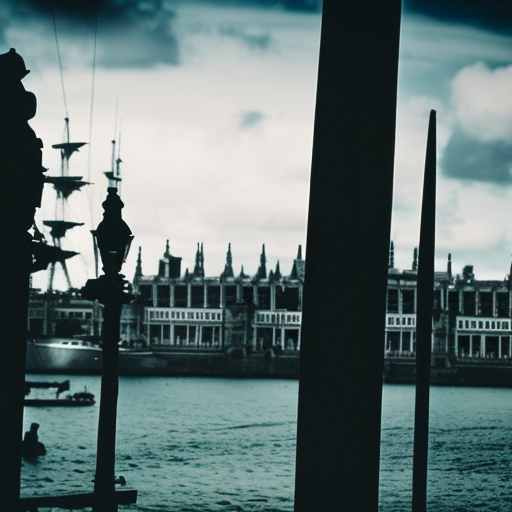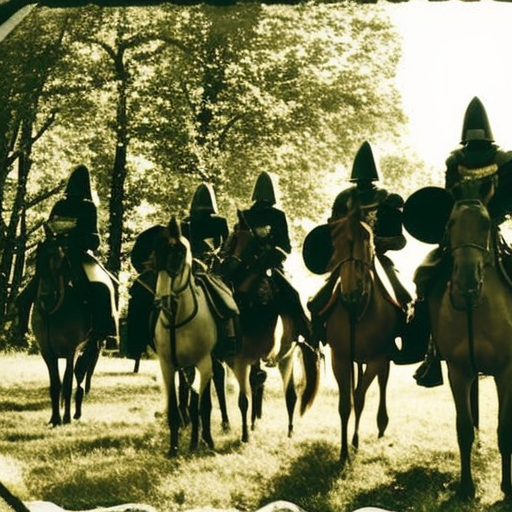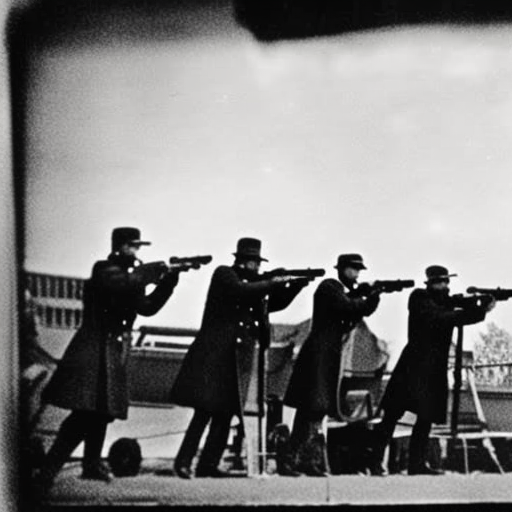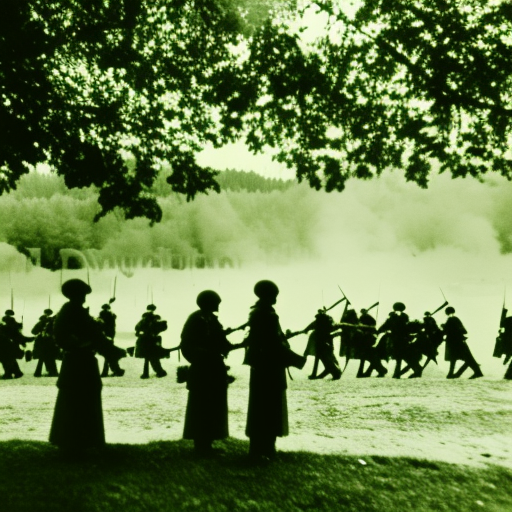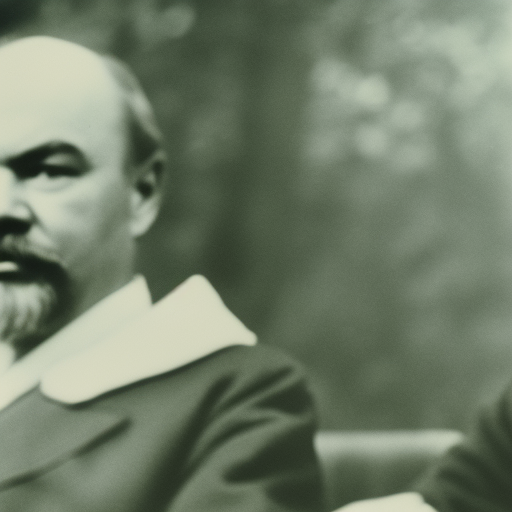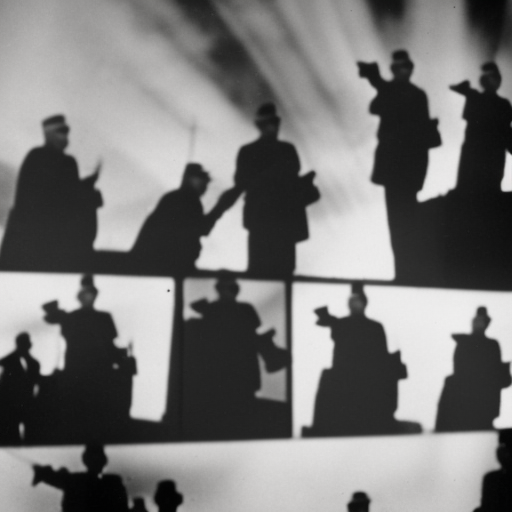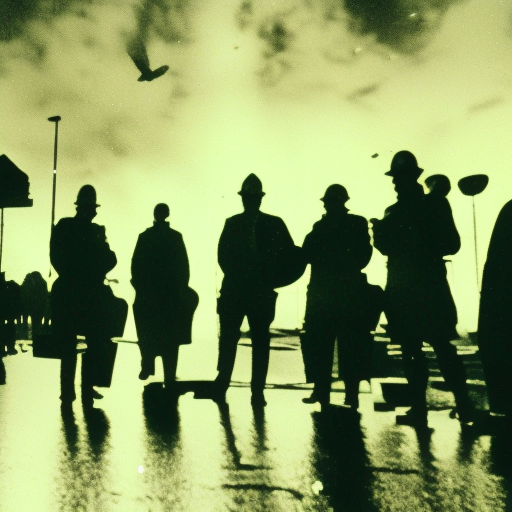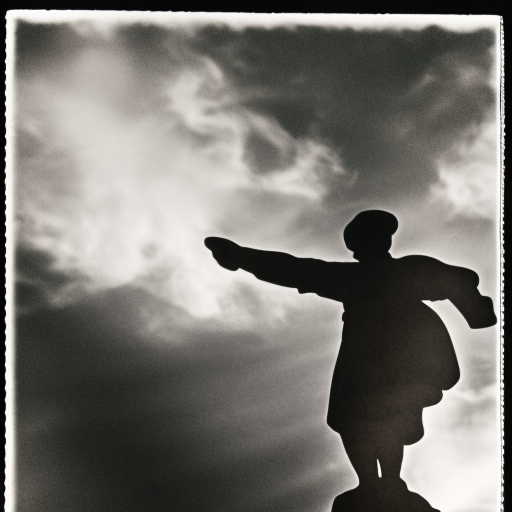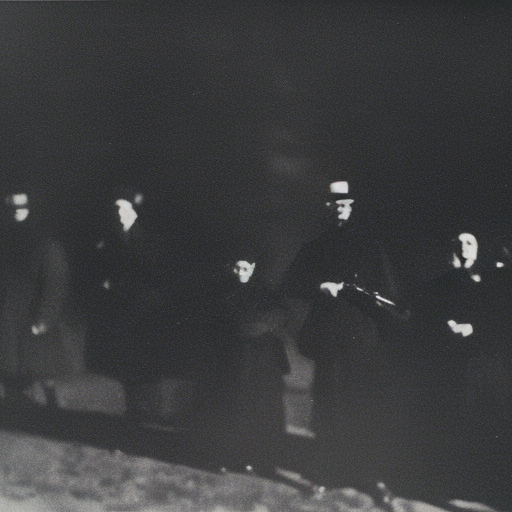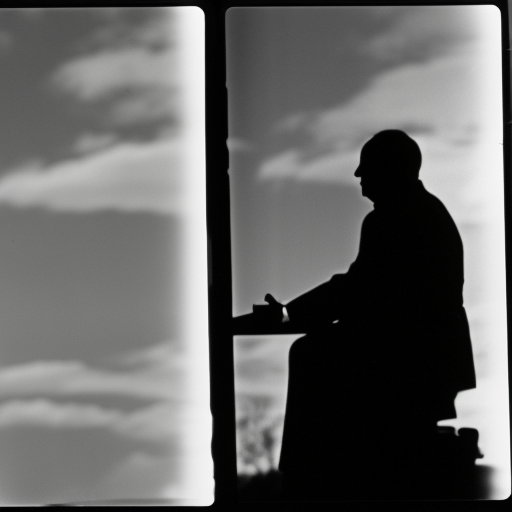Sigmund Freud was a pioneering psychologist who developed the psychoanalytic theory of the unconscious mind and revolutionized the field of psychology.
The Spanish Armada (1588) Explained
The Spanish Armada was a failed naval invasion fleet sent by Spain against England in 1588, marking a turning point in European naval warfare and the beginning of England’s rise as a global power.
The Hundred Years’ War (1337-1453) Explained
The Hundred Years’ War was a series of conflicts between England and France that lasted for over a century, resulting in significant political and social changes in both countries.
Franz Ferdinand’s Assassination (1914) Explained
The assassination of Archduke Franz Ferdinand sparked the beginning of World War I.
The Balkan Wars Explained
The Balkan Wars were a series of conflicts in the early 20th century that reshaped the political and territorial landscape of the Balkan region.
Vladimir Lenin Explained
Vladimir Lenin was a Russian revolutionary and politician who led the Bolshevik Party and played a key role in the establishment of the Soviet Union.
Adolf Hitler Explained
Adolf Hitler was a German dictator who led the Nazi Party and initiated World War II, responsible for the Holocaust and the death of millions.
Formation of the European Union Explained
The formation of the European Union marked a significant milestone in European history, bringing together nations in a unified economic and political union.
Michelangelo Explained
Michelangelo: The Renaissance genius who revolutionized art and left an indelible mark on Western civilization.
Leonardo da Vinci Explained
Leonardo da Vinci: A Renaissance genius known for his artistic masterpieces and scientific innovations.
The Russian Revolution (1917) Explained
The Russian Revolution of 1917 marked the overthrow of the Tsarist autocracy and the establishment of a socialist government in Russia.
Mikhail Gorbachev Explained
Mikhail Gorbachev was the last leader of the Soviet Union, known for his reforms and role in the end of the Cold War.
